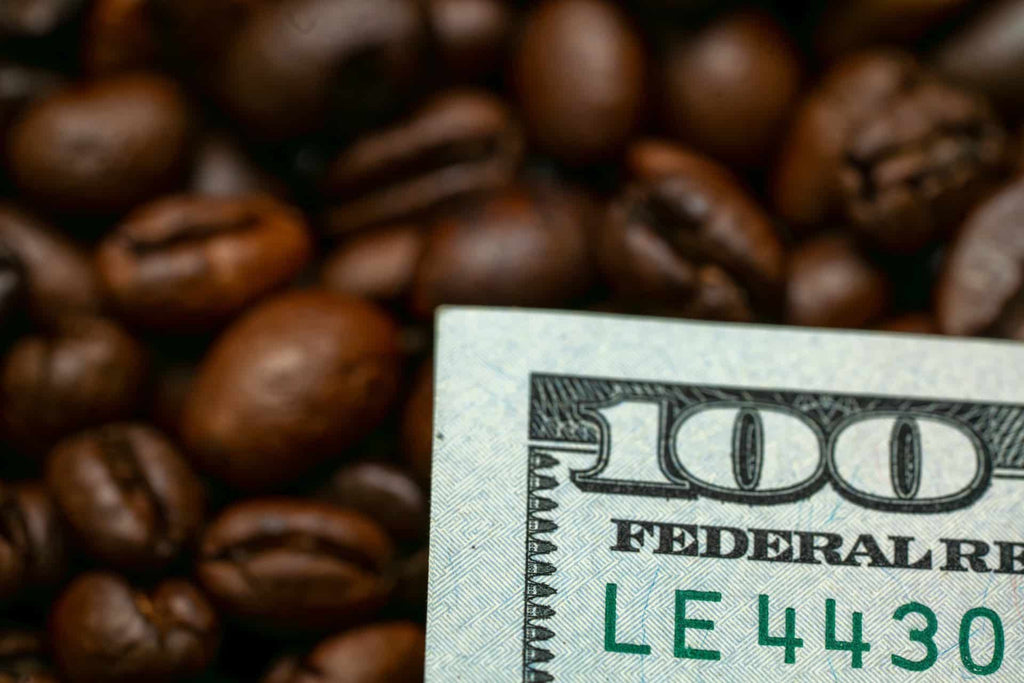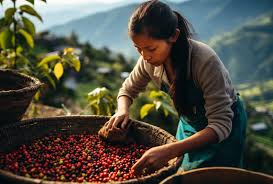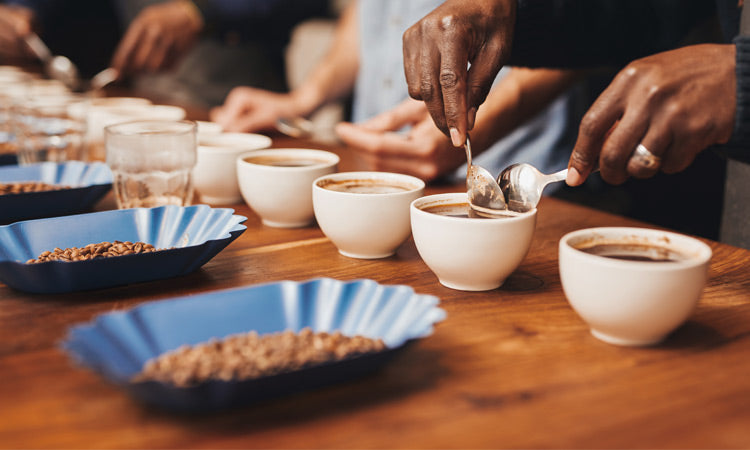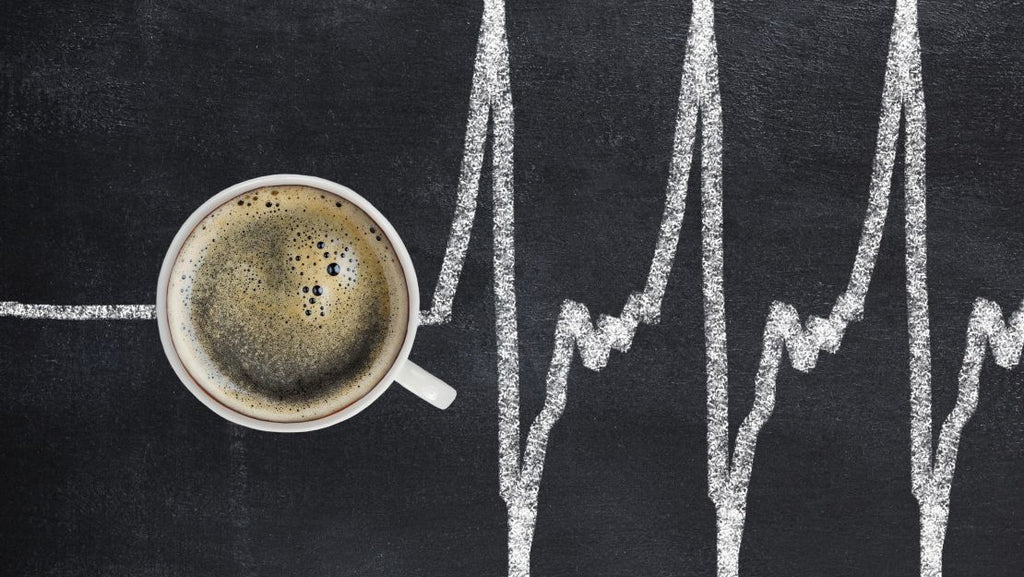That first sip of coffee in the morning. For millions, it’s not just a routine; it’s a ritual. It’s the warm, aromatic start to a busy day, a moment of quiet focus, or a catalyst for conversation. But what if the cost of that ritual suddenly started to climb?
We often think of coffee as a simple agricultural product, but it’s the cornerstone of a massive, interconnected global industry. And like any global industry, it's vulnerable to the winds of international trade policy, especially a tool known as the tariff.
A tariff is, simply put, a tax imposed on imported goods. While it sounds like a dry economic term, if applied to coffee, it could create a powerful ripple effect that you would feel right in your wallet and taste in your cup.
Let's follow the bean on its journey to see how.
The First Hit: The Farmer and the Importer
The coffee supply chain begins thousands of miles away, on small farms in countries like Brazil, Colombia, Vietnam, and Ethiopia. These farmers cultivate and harvest the coffee cherries that will eventually become the beans we brew.
When a country that imports coffee (like the United States or most of Europe) imposes a tariff on green, unroasted coffee beans, the first person to officially pay the tax is the importer. They are the ones bringing massive container ships of coffee into the country.
Faced with this new, sudden cost, an importer has a few difficult choices:
- Absorb the cost: This directly cuts into their already thin profit margins, making their business less sustainable.
- Push the cost back: They can try to negotiate lower prices from the coffee farmers or cooperatives in the origin countries. For farmers who already operate on razor-thin margins, this could be devastating, potentially threatening their livelihoods.
- Pass the cost forward: This is the most likely scenario, where they increase the price of the green beans they sell to roasters.
The Squeeze on Roasters, Local Cafés and Online Sellers
The next link in the chain is your local coffee roaster. They buy green beans from importers and apply their craft to transform them into the fragrant, ready-to-brew beans you love. When their primary raw material - the green bean - becomes more expensive, they are caught in a vise.
Do they absorb the cost? Do they find ways to cut corners elsewhere? Or do they raise their prices for the wholesale bags of coffee they sell to your neighborhood café?
Now, the pressure lands squarely on the shoulders of your favorite barista and the café owner. Their two biggest expenses are typically rent and the cost of goods (coffee, milk, cups). When the price of their coffee beans goes up, they face the same tough decision, but now it’s even closer to home.
Even those businesses that roast and sell direct-to-consumers online, like us here at Cupper's Choice Coffee, are not immune to the squeeze.
The Final Stop: Your Wallet
Ultimately, this chain reaction of rising costs has to end somewhere, and that final stop is the consumer.
That $4.50 latte could become $5.00. The price of a bag of whole beans at the grocery store could jump by a few dollars. It might not seem like a huge leap at first, but over a year, a daily coffee drinker would certainly feel the pinch. This could lead to a change in habits - brewing more at home, visiting cafés less frequently, or opting for cheaper, lower-quality coffee.
More Than Just Price: The Unseen Consequences
The impact of tariffs goes beyond the number on your receipt. Here are some of the hidden effects we might see:
- A Decline in Quality: To keep prices stable, some roasters and cafés might be forced to switch from high-quality, specialty-grade beans to cheaper, lower-grade commodity coffee. The result? A less flavorful and less satisfying cup.
- Reduced Variety: Importers might become risk-averse, sticking only to large, high-volume coffee producers. This would make it harder to find unique, single-origin coffees from smaller, more experimental farms. The rich diversity of the coffee world could shrink.
- Job Insecurity: If consumers cut back on their coffee shop visits due to higher prices, cafés - many of which are small, independent businesses - could struggle. This could lead to reduced hours for staff or, in the worst cases, closures.
- Strained International Relations: Tariffs are often used as a political tool. Imposing them on coffee-producing nations, many of which are developing economies, can strain diplomatic and economic relationships, harming the spirit of fair trade and global cooperation.
A Complex Brew
While the primary argument for tariffs is to protect domestic industries, this logic doesn't apply well to coffee for major importers like the US and much of Europe, which don't have the climate to grow coffee on a commercial scale (with very few exceptions).
So, the next time you hold that warm cup, take a moment to appreciate the complex global journey it took - from a farmer's hands, across oceans, through a roaster, to your local barista or online retailer. A simple policy change made in a distant capital building has the power to disrupt that entire chain, reminding us that in our interconnected world, nothing is as simple as it seems. Not even a cup of coffee.





